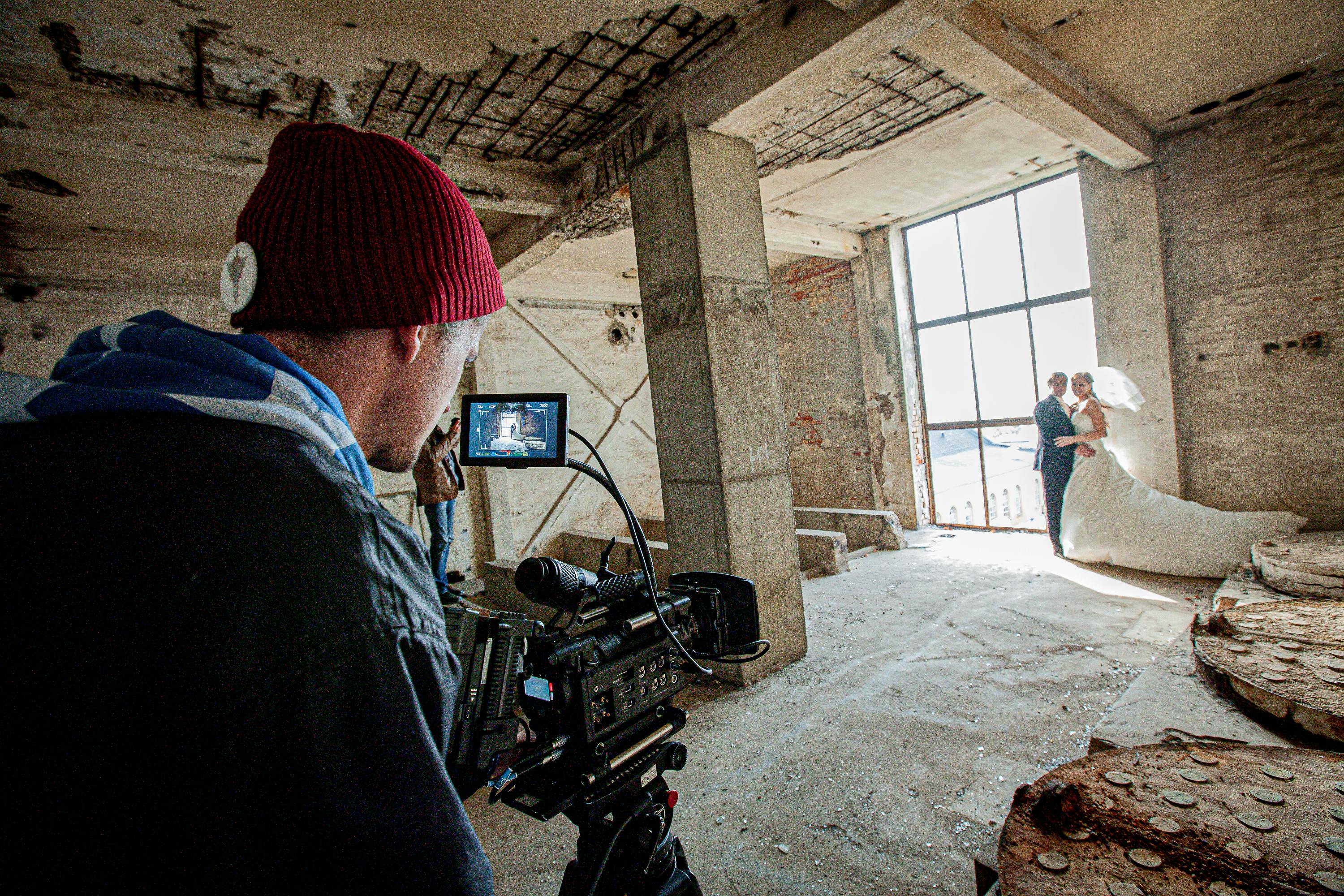Climate change due to global warming: faster than expected
A growing body of peer-reviewed research, published since the IPCC’s 4th Assessment Report was published in 2007, shows that climate change is happening right now, and that it is much faster than was predicted just ago. two years.
Climate change is happening now
Climate change is no longer a theory to debate or deny. A large body of scientific research, published in the last two years, shows that it is happening right now, all over the world:
1. Many physical and biological systems, in multiple places, are already showing the effects of climate change; These include the timing of the thaw and freezing of lakes, the flowering of plants, and the migration and reproduction of animals.
2. Rising sea-surface temperatures in the Atlantic and Pacific hurricane-forming zones (leading to stronger storms) are significantly related to human-induced warming.
3. Acidification of the oceans is occurring rapidly as massive amounts of carbon dioxide dissolve in seawater. This will have major changes in marine ecosystems and, subsequently, in the food security of many countries, especially island nations.
4. The projected rise in sea level for this century will be higher than that forecast in 2007; it will likely rise a meter or more, based on recently published research and expert opinion.
5. The accelerated melting of the Greenland ice sheet that began in the summer of 2004 is conclusively related to global warming.
6. The West Antarctic Ice Shelf (WAIS) has experienced accelerated melting over the past decade and has suffered ten major ice shelf collapses during that time.
7. Arctic sea ice is melting much faster than previously estimated, and the Arctic is likely to be ice-free in summer before 2080.
8. The thawing rate of northern permafrost is much faster than previously thought and is releasing far more greenhouse gases (methane and carbon dioxide) than expected.
Warming will happen for centuries
The warming that is occurring now is expected to last for many centuries even after the release of anthropogenic greenhouse gases stops. This is due to the significant inertia that exists in the atmosphere-ocean system (especially the ocean’s role as a heat sink) and the slow removal of CO2 from the atmosphere (about 25% will remain for more than 5000 years).
Resume
It remains to be seen whether humanity can work together to prevent the worst effects of global warming before we reach one or more tipping points that lead to runaway global warming.
